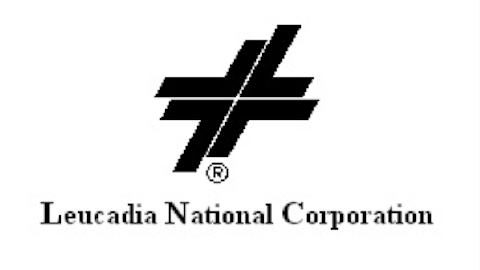Hedge funds generate most of their alpha from small-cap stocks, primarily because the information surrounding this space is less efficient. At Insider Monkey, we’ve empirically tested this phenomenon, and according to our analysis, hedge funds’ top small-cap picks generated an alpha of about 120 basis points per month between 1999 and 2009 (see more details on how this happens here).

First up is Howard Hughes Corp. (NYSE: HHC), Tilson’s top small-cap pick. At last year’s Value Investing Congress (check out Insider Monkey’s full recap here), Tilson discussed his primary bullish thesis behind the real estate operator. The hedge fund manager believes that four specific properties of Howard Hughes’—in Las Vegas, Houston, South Street Seaport, and Honolulu, Hawaii—are severely undervalued. On the whole, shares of HHC currently trade at a modest price-to-book multiple (1.2x), and Wall Street’s average price target represents a 24% upside. Despite the stock’s solid 16% appreciation over the past six months, investors who choose to mimic Tilson here can still benefit.
Netflix, Inc. (NASDAQ:NFLX), interestingly, is technically Tilson’s second favorite small-cap investment. Though the streaming content company now sports a market capitalization in excess of $9 billion, shares were significantly cheaper at the end of the last 13F filing with the SEC (Q3), so the stock classifies to be included in this list. Netflix’s recent performance—an 87.7% appreciation in the past month alone—is a reason for many investors to take their profits, but it’s worth mentioning that investors who want a piece of the action now may still be rewarded.
The sell-side expects EPS growth to average 18-19% over the next half-decade, and NFLX still trades at a modest 12.4 times its cash. Still, a forward earnings multiple above 60x is alarming to many investors, until we remember that this metric under-appreciates the company’s recurring profits. While we can’t break down bottom line figures, it is estimated that around three-fourths of Netflix’s top line is from online subscriptions, far above last year’s 57% number. This should be regarded as a highly bullish trend.
Moreover, continuing dialogue between Netflix management and legendary activist investor Carl Icahn indicates that there may be more value creation in the future. We’ll have to wait and see what happens on this front, but there are reasons to believe that aspiring NFLX investors didn’t completely miss the boat.
Aspen Insurance Holdings Limited (NYSE: AHL), meanwhile, is Whitney Tilson’s third largest small-cap holding. Aspen Insurance’s subsidiaries offer insurance and reinsurance services to a variety of clients throughout Europe and Canada, and its shares have returned a cool 28.7% over the past 12 months. Aspen has benefited from a generally bullish macroeconomic environment, as S&P projects that “record catastrophe losses both in the U.S. and around the world will extract billions of dollars of excess underwriting capacity from the insurance marketplace, causing insurance rates to rise.”
With this in mind, we must mention that Aspen has beaten the Street’s earnings estimates in each of its first three quarters of FY2012 by an average margin of 46%. The company reports its fourth quarter financials on February 7th, and if it is to meet or beat expectations, there is potential for further appreciation. Shares currently trade at depressed price-earnings growth (0.76) and price-to-book (0.7x) multiples. A dividend yield near 2% is icing on this stock’s proverbial cake, so to speak.




